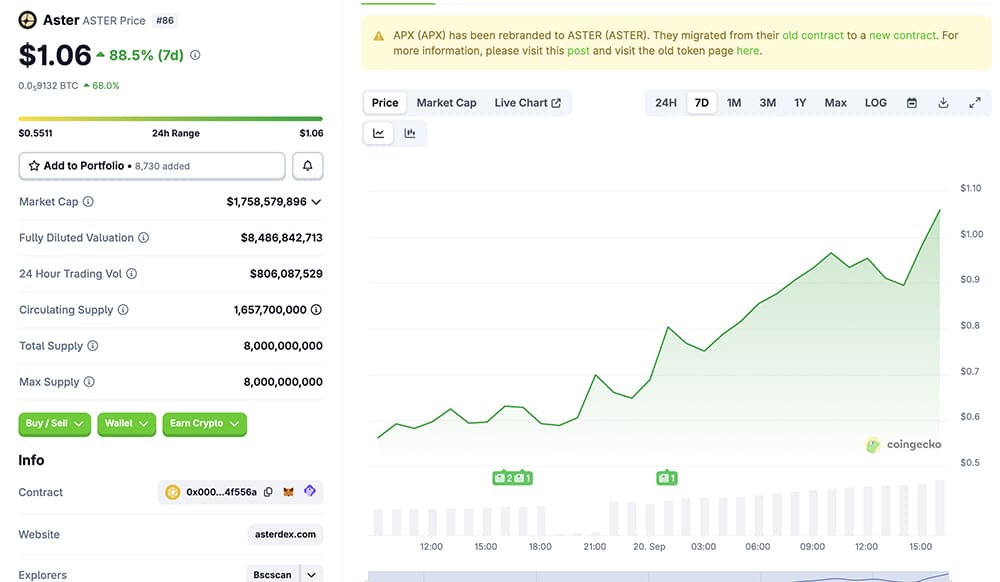Without Operational Alpha, Bitcoin Treasury Company Premiums Will Collapse
The post Without Operational Alpha, Bitcoin Treasury Company Premiums Will Collapse appeared on BitcoinEthereumNews.com. Listed companies are rapidly transforming into bitcoin treasury vehicles, raising capital to buy BTC and hold it on their balance sheets. With bitcoin increasingly seen as a potential global reserve asset, gaining institutional traction and strong price expectations, this trend might seem sound. But there’s a problem: most of these companies have acquisition plans without a business plan. Why buy at a premium when you can buy bitcoin directly? Almost any investor can buy bitcoin directly, either spot or via ETFs. So why invest through a listed company trading at a significant premium to the net asset value of its bitcoin? The short answer is: you shouldn’t, unless the company has a clear strategy for putting its bBitcoin to work in a way investors can’t easily replicate. Holding BTC must serve an operational purpose. Otherwise, the company should return the capital and let shareholders buy bitcoin on their own terms. Bitcoin Yield ≠ Business Model To justify premiums, some analysts now use the concept of bitcoin yield, the percentage increase in BTC per share over time. While it’s an interesting KPI to track, it doesn’t justify a premium to NAV on its own. Yes, if a company issues equity at a premium above NAV and buys more BTC, it can increase BTC per share. But if an investor’s goal is to gain the maximum bitcoin exposure per dollar invested, investors should just buy BTC directly. Leveraged long with limited upside To speed up their acquisitions, many treasury companies raise capital through various types of convertible debt. The result is a leveraged long position in bitcoin, with full downside exposure and limited upside. This structure is exactly why creditors have been eager to underwrite such instruments. If bitcoin falls, creditors get repaid in USD, while the company may be forced to…

The post Without Operational Alpha, Bitcoin Treasury Company Premiums Will Collapse appeared on BitcoinEthereumNews.com.
Listed companies are rapidly transforming into bitcoin treasury vehicles, raising capital to buy BTC and hold it on their balance sheets. With bitcoin increasingly seen as a potential global reserve asset, gaining institutional traction and strong price expectations, this trend might seem sound. But there’s a problem: most of these companies have acquisition plans without a business plan. Why buy at a premium when you can buy bitcoin directly? Almost any investor can buy bitcoin directly, either spot or via ETFs. So why invest through a listed company trading at a significant premium to the net asset value of its bitcoin? The short answer is: you shouldn’t, unless the company has a clear strategy for putting its bBitcoin to work in a way investors can’t easily replicate. Holding BTC must serve an operational purpose. Otherwise, the company should return the capital and let shareholders buy bitcoin on their own terms. Bitcoin Yield ≠ Business Model To justify premiums, some analysts now use the concept of bitcoin yield, the percentage increase in BTC per share over time. While it’s an interesting KPI to track, it doesn’t justify a premium to NAV on its own. Yes, if a company issues equity at a premium above NAV and buys more BTC, it can increase BTC per share. But if an investor’s goal is to gain the maximum bitcoin exposure per dollar invested, investors should just buy BTC directly. Leveraged long with limited upside To speed up their acquisitions, many treasury companies raise capital through various types of convertible debt. The result is a leveraged long position in bitcoin, with full downside exposure and limited upside. This structure is exactly why creditors have been eager to underwrite such instruments. If bitcoin falls, creditors get repaid in USD, while the company may be forced to…
What's Your Reaction?








































